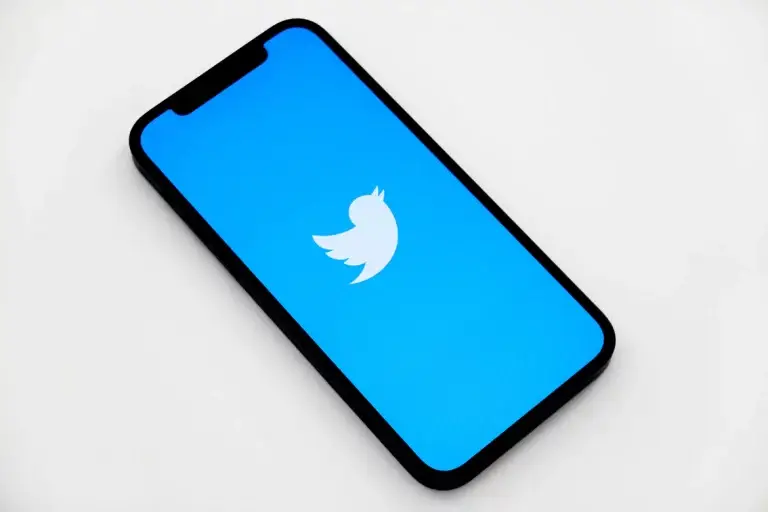The news is out – Elon Musk has purchased the online public square for £44bn. While moguls of the past would look to buy a national newspaper or a TV station or two, now it seems its social networks that are the new pet projects of the mega rich. The influence provided through such an ownership is immense and the changes Musk will bring will define the platform’s future and could affect everything from the US Election result to the fundamental role of the internet in public life. Musk’s changes will likely be wide-ranging and numerous – but for ease, let’s look at some of the changes that will most likely occur during Musk’s management:
Reduced regulation of tweets
Elon has styled himself as a defender of “free speech” and as such has promised to safeguard open debate on the platform. Many will understandably worry that this will mean the return of a more laissez-faire attitude to defamation and cyber-bullying that still haunts the network from its wild-west beginnings. How this will gel with the requirements of national governments (especially those in Europe) remains to be seen, but it seems likely that Musk’s Twitter will generate significantly more headlines as users stretch the boundaries of their newfound freedom. Expect many more notes app apologies as users are left with only their own country’s legal system to demand redress for the slanderous comments made by others.
A real name policy
Musk wants to take on the spam-bots and increase accountability by “authenticating all humans” – this is a difficult task and one that the current owners have grappled with for years. On the one hand the cloak of anonymity allows for whistle-blowers and persecuted minorities around the world to speak openly without fear of attack from malicious governments or interests, however this unaccountable structure does invite in the attacks and smears that still categorise the platform’s overall environment, something that can have particularly devastating consequences for younger users. Musk appears to believe he can square this circle, but has yet to lay down any concrete plans for doing so – regulators will be watching closely…
The return of Trump
He was one of the biggest single draws for the platform, especially as Commander-in-Chief. His use of the app in part won him the presidency, but the consequences for Twitter’s reputation were immense and everlasting. His final blocking by the powers that be after tweeting support for the Capitol Hill insurrection came far too late for many, but it at least kept a lid on potential further damage for the platform (helped in part by the unified response of rivals Facebook). With Trump looking like a potential front-runner in the next US Election, the account’s reinstatement was always a likely outcome, but now with Musk at the helm it feels more of an inevitability. What this will mean for the brand, for use of the platform from liberals and conservatives internationally, and for potential and future advertisers on the platform remains to be seen, but the reinstatement would be a clear statement of intent from Musk’s rule.
The return of political advertising and an open-source algorithm
As with Trump, the thorny issue of political advertising was solved through a similarly brutal medicine – a permanent ban. Then CEO Jack Dorsey announced a worldwide ban on political advertising through the platform in the wake of the Cambridge Analytica scandal – distancing Twitter from the quagmire that Facebook had found itself in and saving the app from accusations of warping voters’ minds through a nefarious algorithm. Musk has already stated a wish to make the algorithms Twitter uses fully Open Source, allowing the community of tech-savvy hobbyists that underpin the internet to poke around under the hood of what makes some tweets to go viral. With this in place it’s likely we will see the return of global electioneering through pay-to-place ads in user timelines, however the clear risks associated with this for democracies around the world remain unsolved.
The occasional high-profile spat
I think it’s fair to say (PLMR lawyers please save me) that Elon isn’t afraid of a ruck. Elon has had a few high-profile online scraps in his time and isn’t afraid of courting controversy. Fellow plutocrat Jeff Bezos has already tweeted out his pet-theory that Musk’s ownership may give China more influence, given the importance of the country to Tesla’s global sales. Elon has yet to respond, but in all likelihood the space-race rivals will lock horns a few more times now Musk is at the wheel. Could we seem more billionaires move into app ownership? With the Facebook platform faltering at Meta, could Jeff be in the market for his own public square? It seems the age of the social media sultan may have just begun…





